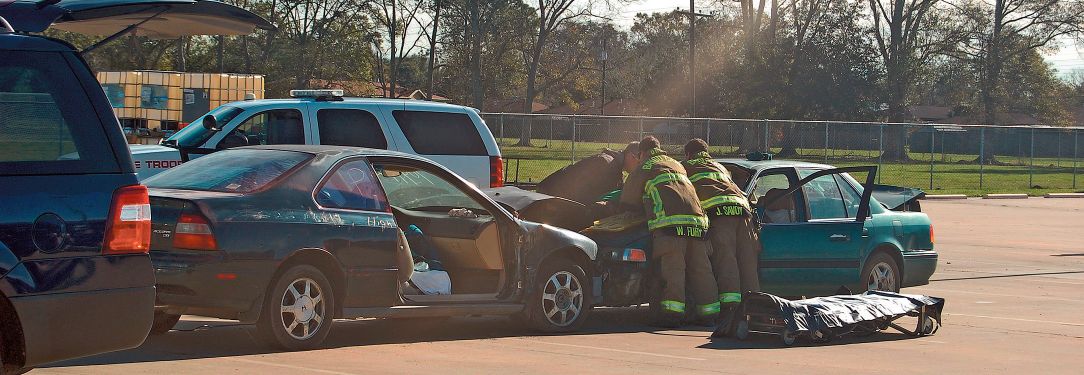
Drill emphasizes dangers of drinking and driving
December 23, 2015
Saturday night lights
December 23, 2015For many weeks now, reporters at The Times have kept dutiful track on a particularly difficult battle in the local war on drugs, specifically the increasing presence of heroin, and its resulting toll of death and ruined lives.
As Sheriff Jerry Larpenter has pointed out, the heroin is one facet of a long-standing problem in our communities with illegal drugs.
Just two weeks ago, a woman was found unconscious in a Southland Mall restroom, drug paraphernalia beside her. One woman was rushed to Leonard J. Chabert Medical Center after showing up at a family member’s home in Bourg on a Sunday night. One night later, after discharge, she showed up at the Terrebonne General Medical Center’s emergency room, overdosed yet again.
Law enforcement sources said the same woman had been hospitalized a few nights before that.
We are quite familiar with the ever-present revolving doors in the criminal justice system. There is not a lot of talk about those in our hospitals.
But they are there, and the addicted pass through them again and again.
Close monitoring of how law enforcement agencies are handling their end of the illegal drug problem shows that there is hard work being done.
But that work only addresses one part of the problem.
For many years now drug rehabilitation – rehab is the common word used – has become a major industry, not just here but in other places.
Often, those who can afford to send addicted loved ones for treatment must find spots far from home. Sometimes treatment works. But more often, it does not.
No program can do the work that is required of the addicted once they return to society, which is to avoid the people, places and things that related to old behaviors.
Time and again, however, we speak with heartbroken families who say they have tried their best, but whose best efforts were not enough.
Under the direction of Judge Johnny Walker, the drug court in Terrebonne Parish has marked success, and those who successfully participated as well as the various agencies that have helped are deserving of praise.
Drug court, however, is not a panacea.
District Attorney Joe Waitz Jr. has tried to use probation programs through his office to steer those who might not qualify for drug court but who are first-time offenders onto the right path. Continued arrests and the pleas of families, however, indicate that this is not enough either.
We have leaders in the community like Waitz and Walker who realize that drug addiction is a disease, and that drug addiction includes cross-addictive behaviors, such as excessive alcohol use.
Drug court mandates attendance at 12-step meetings; probation for drug offenses may require some exposure to that, but the results are not impressive.
Preaching does not work for drug addicts and alcoholics; Those who have been in addiction’s grip tell us time and again that when active, they were selfish and unresponsive to anything that got in the way of their addiction.
We would like to say that mercy doesn’t work in this regard, that the easy solution is jail. But medical experts maintain time and again that this is not a solution either.
Addiction is a disease, and disease is a matter of public health, and by all accounts so far our medical community has not been up to the task of aiding in this regard. It will take all of us to purge drug addiction from our neighborhoods. The problem is here; the time for action is now. •








